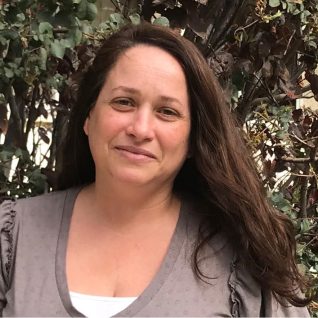The researcher Dr. Shiry Avargil focuses on research in chemistry education in the aspects of self-efficacy, metacognition and conceptual understanding of both chemistry teachers (pre- and in-service) and chemistry students. Dr. Avargil conducted her doctoral research at the Technion and graduated at 2011. Between the years 2011-2013 she went to University of Maine, USA, where she conducted her post-doctoral research. Dr. Avargil uses both qualitative and quantitative research methods in the study of developing pedagogical content knowledge, assessment knowledge and professional development of chemistry teachers. Her research experience in educational reforms includes chemistry and science teachers’ challenges with educational reforms and chemistry teachers pedagogical content and assessment knowledge. Her line of research connects between teachers’ innovative instructional methods, innovative assessment method, and students’ higher order thinking skills.
For more information about Dr. Shirly Avargil’s research and activities, click on the link



